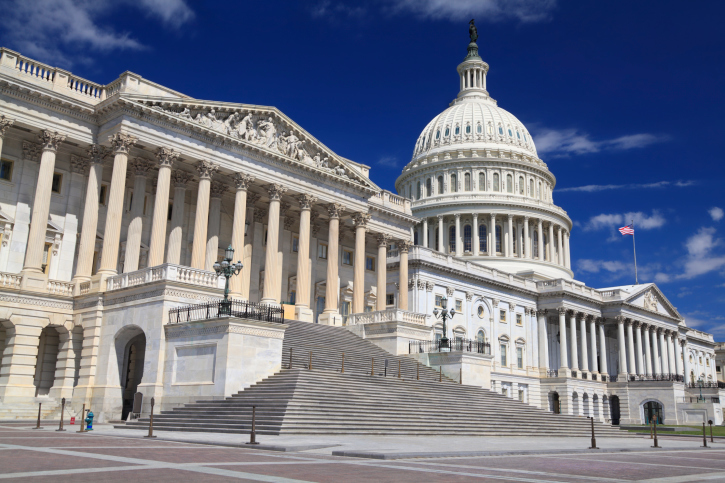On Friday, June 12, the Tenth International Convention on Climate Change attendees were treated to a discussion concerning the role policymakers can play in halting the climate alarmist agenda by Marc Morano, publisher of ClimateDepot.com; Bette Grande, a and former North Dakota legislator and current research fellow for The Heartland Institute; and Myron Ebell, director of energy policy at the Competitive Enterprise Institute.
Presidential Election ‘Tipping Point’
Morano opened, saying climate activists remain undeterred by satellite data showing more than 18 years without warming.
“It doesn’t matter what the science is, [the United Nations] wants to do the policy,” said Morano. “The policy, of course, is centralized energy planning.”
Morano also stressed the significance of the upcoming U.S. presidential election for climate policy.
“I do think the 2016 election is going to be the political tipping point,” Morano said. “This is that important. If a Democrat is elected with a global warming agenda, we face four very long years on the global warming policy side.”
Having worked for Senator James Inhofe (R-OK), Morano drew on his experience and warned Republicans could not be counted on to stand up for climate realism. “Republican staffers of conservative senators were terrified of being seen as ‘against the environment,'” Morano said. “And that’s an alive-and-well sentiment with Republicans.”
Battling Federal Overreach
Grande decried federal regulatory overreach, saying, “We know [the federal government is] going to do everything [it] can to shut down the coal industry. [It is] going to do everything [it] can to shut down the oil and gas industries, and with that, shut down agriculture.”
Like Morano, Ebell said, “[M]odels and the temperature data conflict.
“To maintain this alternate reality, we have to prefer the models to the facts,” Ebell said. “And if people start to get suspicious, [alarmists] then have to change the facts, change the data, adjust the data.”
Ebell stresses Congress’ importance in fighting burdensome and unnecessary regulations, such as the Environmental Protection Agency’s new power plant rules. Ebell urged the audience to reach out to their representatives in Washington, DC.
“You need to sit down with your elected representatives in Congress and the Senate and explain to them this is not about just one vote or getting one thing right,” said Ebell. “We need to pursue opposing these policies in every possible way for as long as it takes until we’ve stopped the forces of darkness.”
Ann N. Purvis ([email protected]) writes from Dallas, Texas.




